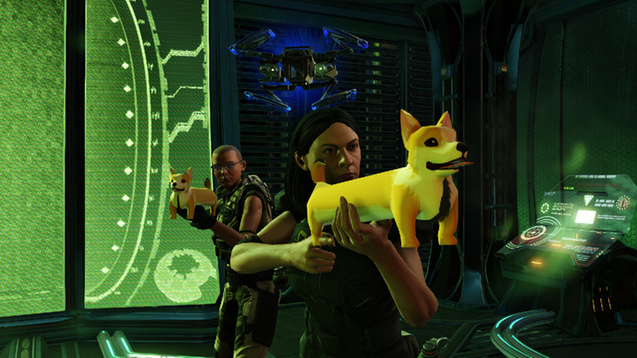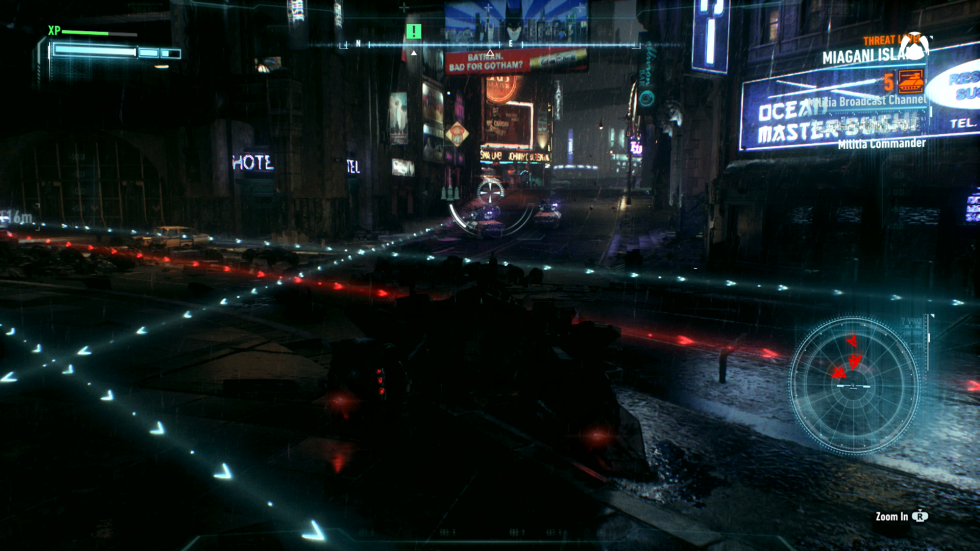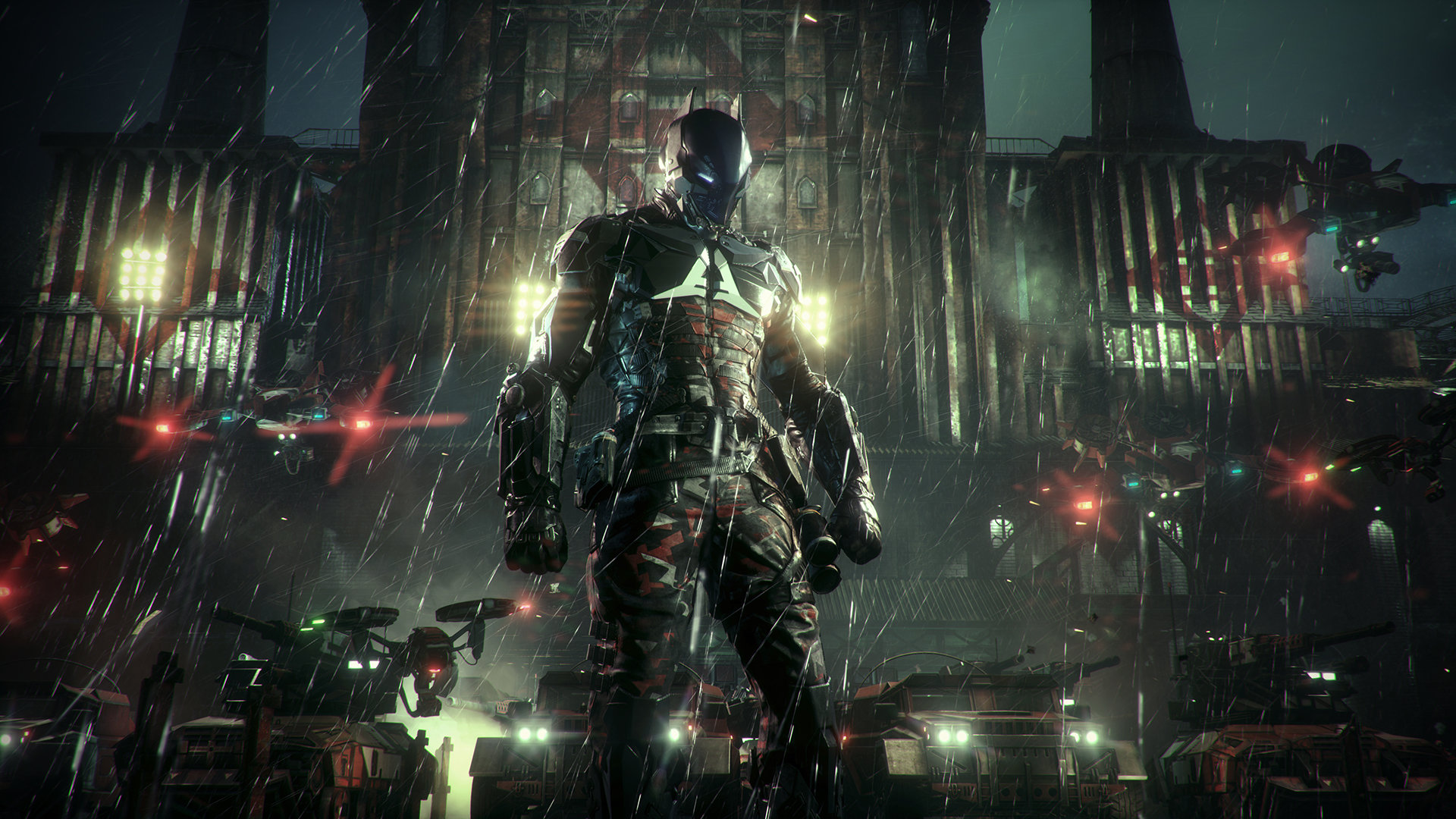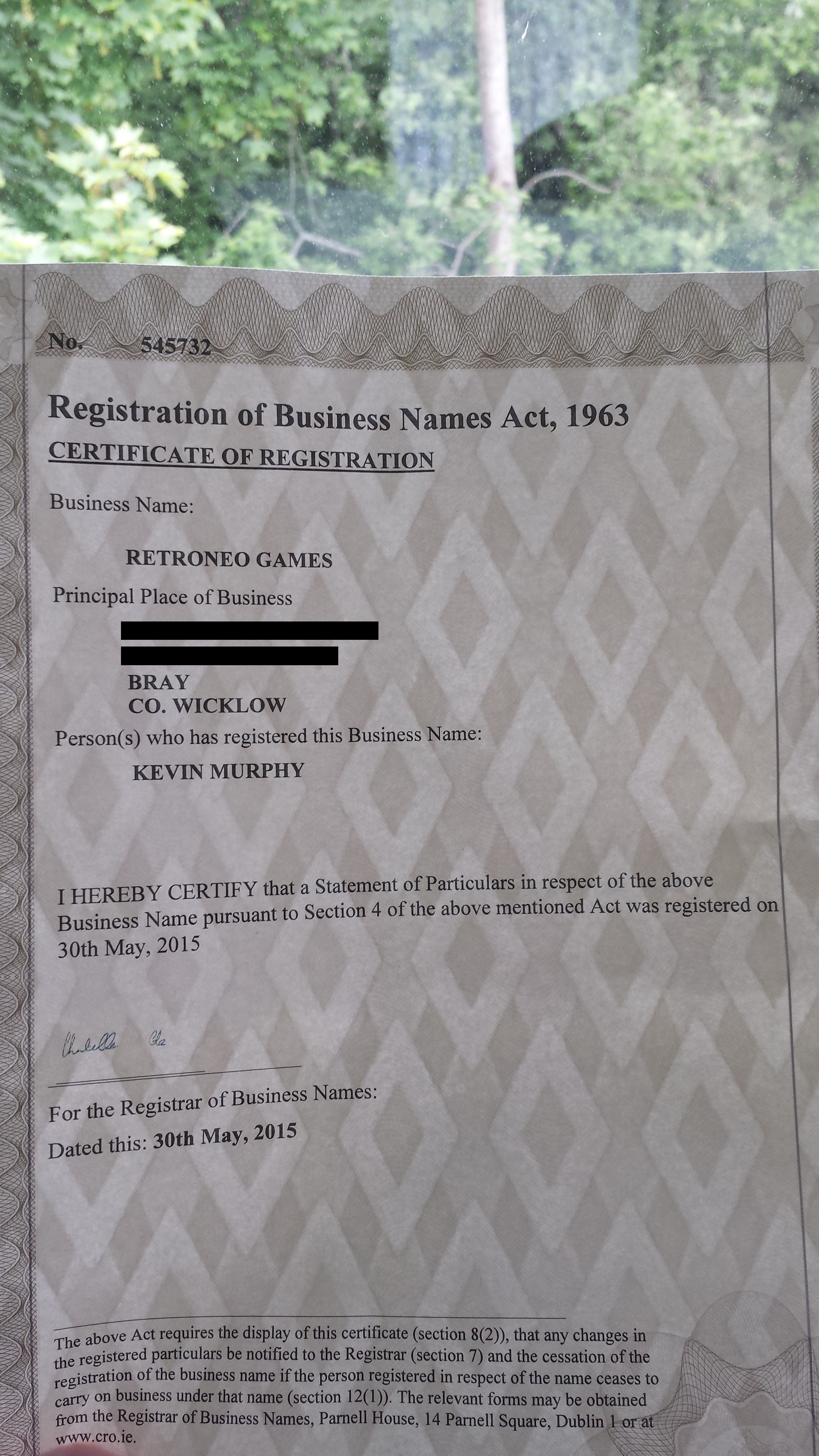This post concerns a lot of hot topics from about this time last year (April – May 2015) but the reason I’m speaking about it now is that it came to mind recently and is bound to come into the public spotlight again sooner or later.

So, recently, a mod was released for Aliens: Colonial Marines (2013) called TemplarGFX’s ACM Overhaul. The original game was a hotly anticipated Aliens game (based upon the second Alien movie, directed by James Cameron) that turned out to be a steaming pile of rubbish that had been grossly misrepresented in pre-release footage at E3 and elsewhere. It was even up in court in a class action suit over this.
According to the mod’s description on ModDB it “reworks, reprograms and rebalances xenomorph [the alien] AI, human AI, weapon mechanics, ballistics, animations, shaders, particles, decals, lighting, and engine features to get the best out of the game possible. This is truly the ultimate Aliens gaming experience!” By all accounts, this description doesn’t exaggerate. It makes the game actually worth playing, according to many of the original’s toughest critics. It’s now a scary Aliens shooter that visually looks a lot closer to the misleadingly touched-up pre-release footage we were shown, and plays a lot more like what Alien fans wanted.
I’d be one of those fans; one who boycotted the game originally as I wouldn’t support the dishonest practices of the game’s developers. So because of the mod I was tempted to now buy the game. Terrible sales figures have seen numerous price drops and the retail price is now just €15 instead of the original €60.

But then I realised: TemplarGFX (James – the guy who made the mod) won’t see a penny from the sale. Gearbox and Sega will. The offenders. The guy who stepped in to finish their jobs for them is working for nothing and the offenders benefit. Now, you can donate to James separately if you like, but as far as buying the original game is concerned I believe that you vote with your money and I don’t want any of my money to support shady business practices that diminish the gaming industry. I also wouldn’t condone pirating the core game (for the exact same reason).
Maybe they’ve learned their lesson. Maybe a few extra sales 3 years on at 75% mark-down won’t encourage a repeat performance of misrepresentation. In fact, maybe if sales roll in now in light of the mod it would encourage developers to make sure they finish their games. You decide for yourself. This post isn’t actually about that. It’s about paid mods.
Do Modders Deserve To Be Paid?
That’s the big question. I’d argue ‘no’. At least not formally. Hear me out. Will I donate to TemplarGFX if I start playing his mod? Yes. He definitely deserves to be rewarded for services rendered to the community. But he has no legal right to charge or expect payment. He doesn’t own the Intellectual Property and wasn’t involved in any of the legal agreements that brought about the game’s development.
Mods can be anything from audio tweaks to new graphics or even entire game conversions. The eSports phenomenon Counterstrike: Global Offensive (CS:GO) started off as a Half-Life mod. Mods have traditionally been free and done by the community for the community out of a common love of a given product. The fact that money didn’t change hands made the complicated legal situation easy to overlook and many developers encourage modding of their games.
To change this opens a Pandora’s Box of complications. Valve opened such a box in April 2015 (then promptly threw themselves bodily on the lid screaming “undo, undo”).
Paid Skyrim Mods
Via Steam Workshop, a community mod outlet for the Steam platform, Valve started allowing modders to charge for their work on the game Skyrim, with the agreement of Bethesda, Skyrim’s developer. According to my research today (and it’s in line with what I remember hearing) a modder would get 25% of the revenue for a sale of their mod (let’s say it’s a set of armour), Steam would get 30%, and Bethesda got 45%.
As far as big games companies go, I consider Bethesda to be one of the good guys, and I don’t think they try to cheat their customers, but this made me sick. Mods for a game require that core game to play. By their very existence they contribute to boosting sales of the core game, which benefits Bethesda. They then take almost double the cut from the modder’s work as the modder gets when that work is already benefiting Bethesda and costing them nothing. And that’s not even the big problem. Not even close.

Incentivising Incomplete Work
The Skyrim paid mods debacle received a huge backlash and was shut down in just a month, but it will come back again in some way or form, mark my words. If there’s a way to make money from other people’s work, big companies will figure it out. This will be bad for us. I think the only reason the system was removed and not replaced yet is because they realised how many legal issues could arise.
The worst result from paid mods that I can see is that games will deliberately release in even buggier and less finished states than they do now. You might argue that this would never happen as it would destroy consumer confidence and trust. Sadly, you’d be wrong. The success of pre-order culture despite the broken launches of an increasing number of games in recent years proves my point. People still seem happy to pay in advance for games despite there being no guarantees that they will work as promised. And there’s an even bigger reason that you’d be wrong. Paid mods incentivise developers not to finish their games. If you financially incentivise something, businesses will make it happen.
Let me paint you a picture. Late last year Bethesda released Fallout 4. It won Game Of The Year from a few outlets (though The Witcher 3 often beat it) but it launched with a tonne of minor bugs and glitches. Some modders were quick to fix some of these and Bethesda later patched many of them. But imagine if the paid mods system of just 6 months prior were still in place? Modders fix the broken game in different ways, maybe they charge for their work (as they’d deserve to) and then Bethesda get 45% of the money. This is instead of them paying their own staff or paying for an extra month of development to get the job done themselves. They’ve saved money by releasing earlier and got paid to do so.
Skyrim was already 3 and a half years old when they tried paid mods with it. It was in good shape. Can you imagine if paid mods had been around when Aliens: Colonial Marines came out? Or what if Skyrim came out without the dragons, but they’d dropped enough hints during development to make you want them (“you could mod anything into this game, even dragons! How cool would that be?!”). Instead of paying staff to develop them, they can sit back and get paid to let the community finish their game.
And where does that go? Where does it end? Certainly nowhere good!

If paid mods are ever going to work, and I don’t think they will, it has to be a situation where the original developer gets nothing! Zero! No money! They must acknowledge that an active modding community increases the value (and sales) of their game and be content with that. The potential for abuse is just too high for this to work any other way.
The Legals, and Consumer Protection
There are other reasons it won’t work. Who are you dealing with when you buy a mod? You can be sure you’ll never meet them, and almost as sure that Steam and Bethesda will never have met them or dealt with them either. If you pay for a service and it stops working, most countries have consumer protection laws to cover you. It’s one thing to try and enforce them when dealing with one or two big companies, but how do you police a myriad hobbyists? Many of their mods may break when the next official patch for the main game is released. Or one set of missions might be incompatible with another and so one paid mod breaks another, unexpectedly. If you have an open platform of paid mods, some building on top of each other, and others mutually exclusive, there’s no way to feasibly test for compatibility. It would be the Wild West!

One of the earliest mods that I’m personally aware of is for id Software’s Wolfenstein 3D (1992), where Barney the Dinosaur was modded into the game as an enemy. The music from the show was also used. If this were a paid mods situation, the modder is using copyright material without permission to make money for themselves. That’s illegal in most countries in the world.
And what if somebody took recordings of a lot of local small-time metal bands and put them into the new Doom? (okay I’m really using too many Bethesda examples today, but they started it!) The bands may never know that their music was used without permission until months or years later. Then Bethesda and Valve have taken money for illegally-used material. Now what?
I think there are some ways around this by having a closed platform and vetting the modders (Steam’s Early Access doesn’t inspire confidence in this area though) but it’s still a mess. Because there wasn’t originally money to be made in mods, people made them for fun. Putting Barney in Wolfenstein was just funny. Mods have a history and culture of copyright infringement. How do you separate that?
Apart from all of that, what the hell is the value of a mod? Is a sword worth €2? What’s a new level worth then? €10? €20? What about a total conversion? And some mods are definitely worthless, or even repugnant.
Mods can proliferate a lot faster than games can. Economically I could argue that this increased supply should drive price way down to where they’re not much worth pursuing anyway, rendering the whole argument moot, but that seems like a lazy way out. I also don’t feel it’s true enough to get us out of the situation. Valve didn’t, after all.

How should/could developers get paid?
A moment ago I asked what would a total conversion mod be worth? Let’s explore that.
Take the game Squad. It’s a 50 v 50 multiplayer shooter that champions realism and is available on Steam Early Access currently for $40. It’s based on a mod for Battlefield 2 called Project Reality. The mod changed virtually everything about BF2. It was just loosely similar gameplay and built on the same engine, but it was a fan community project. You could donate towards its development but the money was peanuts!
These talented developers then decided to make their own game. There’s no shortage of game engines out there. They already had a working prototype and knew they could work together, and they had the skills required. So they created their own original IP and sold that.
Modders are people with the skills necessary to make games choosing to apply those skills to someone else’s product. When they make mods, there’s no money in it. They usually just do it after their day jobs for the love of the project. I know the Operation Flashpoint, Command & Conquer and Xcom tweaks I made were just for fun, and I never expected to be paid.
If modders want to be paid (not all do. Many were against the Steam/Bethesda move) they should try to apply their skills to making their own IP or getting jobs in the game development industry. Many have used their mods as portfolio pieces to get a foot in the door before.
In Summary
Let’s be clear about me. I have done a little modding in the past. I’m also a guitarist, a writer, an events producer, a game developer and I’ve a lot of photographer and performer friends. I hate the term “for the exposure”. Do people deserve to be paid for their work? Yes! But should we formalise a system for paid mods where the developers get a cut? Absolutely not! It’s just a terrible idea for all the reasons I’ve mentioned above, though it pains me to say it.

Modders deserve to get paid, but I don’t think they should expect to. The existing system of voluntary donations and free mods is, I think, the only healthy system of rewarding modders. Nobody gets into modding to make a living, and generally speaking no living can be made from it. This isn’t an injustice. This doesn’t need to change. Modders do what they do for love (and to keep their skills sharp) but appreciate a bit of cash if you have it. They’re like a lot of buskers in this way. We shouldn’t formalise a system where if you use a main street and there’s a guitar player busking that you have to pay them and the town council get a cut. No, you just pay the person singing because you feel they deserve it.
And let’s remember that modding isn’t a whole trade. It’s art, sound or programming skills applied to changing somebody else’s game. By choice! Modders have valuable skills. They can seek payment for these skills in other areas within the software or gaming industries.
I didn’t start this blog expecting to give my own verdict. On this blog I usually just discuss without drawing too many conclusions. As I wrote today, however, I just couldn’t see a situation where paid mods would be a good thing, and I didn’t see anything unjust enough about the current system to warrant changing it.
Incentivising games companies to any extent not to do their jobs is one of the worst systems we could introduce. Even if developers like Bethesda agreed to 0%, Steam would still take a cut and then they’re incentivised to flash mods for the big games up on the main store front, forcing out smaller legitimate games. We already see it with DLC for games being listed separately from the main game and collectively filling up sales charts with basically one game, forcing others off the Top 10 list (or whatever list).
So donate to your modders. Support them. They’ve done good work. But please never support a paid mods system that could damage games for us all. The next time it comes up (and it will come up again) take a look at the profit splits. Ask yourself what’s being incentivised. If it’s anything other than 100% for the modder, please oppose it, loudly!
Vote with your money. Donate to modders. Don’t buy mods.
Until next time..



























